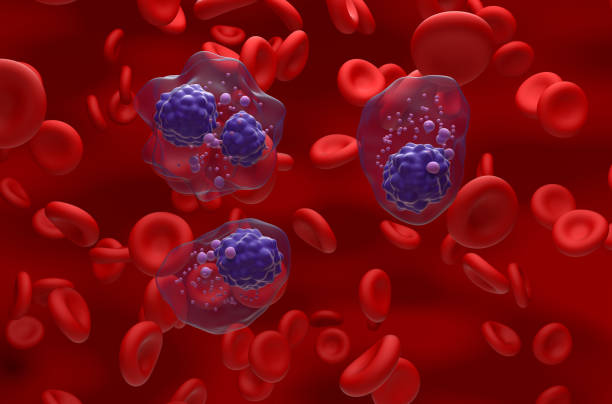Understanding and Managing Crohn’s Disease: Effective Treatment Strate
Crohn's disease, a type of inflammatory bowel disease, presents significant challenges to those affected, impacting not just physical health but also quality of life. Characterized by inflammation of the digestive tract, its symptoms can range from mild to severe. This guide aims to provide an understanding of Crohn's disease and its treatment options. From medical therapies to diet and lifestyle modifications, we explore various strategies to manage this condition effectively. Whether you are newly diagnosed or seeking more information to enhance your treatment plan, this article offers valuable insights into living with and managing Crohn's disease.
Understanding and Managing Crohn's Disease: Effective Treatment Strategies
Crohn's disease, a type of inflammatory bowel disease, presents significant challenges to those affected, impacting not just physical health but also quality of life. Characterized by inflammation of the digestive tract, its symptoms can range from mild to severe. This guide aims to provide an understanding of Crohn's disease and its treatment options. From medical therapies to diet and lifestyle modifications, we explore various strategies to manage this condition effectively. Whether you are newly diagnosed or seeking more information to enhance your treatment plan, this article offers valuable insights into living with and managing Crohn's disease.

Introduction to Crohn’s Disease
Crohn’s disease causes chronic inflammation of the gastrointestinal tract and can affect any part from the mouth to the anus. Symptoms include abdominal pain, severe diarrhea, fatigue, weight loss, and malnutrition. The exact cause of Crohn’s disease is unknown, though it’s believed to result from an abnormal immune response that may be triggered by genetic and environmental factors.
Medical Treatments for Crohn’s Disease
Anti-inflammatory Drugs: These are often the first step in treating Crohn’s disease. They include corticosteroids and aminosalicylates, which help reduce inflammation in the gut.
Immune System Suppressors: These medications target the immune system, which produces the inflammation. Examples include azathioprine, mercaptopurine, and methotrexate.
Biologics: This newer class of drugs targets proteins made by the immune system. Infliximab, adalimumab, and vedolizumab are commonly used biologics for Crohn’s treatment.
Antibiotics: While Crohn’s is not caused by an infection, antibiotics can reduce drainage and heal fistulas and abscesses in people with the disease.
Surgical Options
Around half of those with Crohn’s disease will require surgery at some point. Surgery usually involves removing the damaged portion of the digestive tract and reconnecting the healthy sections. While surgery doesn’t cure Crohn’s, it can provide significant relief from symptoms and complications.
Diet and Nutrition Management
There’s no one-size-fits-all diet for Crohn’s, but certain changes can help manage symptoms:
- Avoiding Trigger Foods: Common triggers include dairy products, fatty foods, spicy foods, and high-fiber foods.
- Nutritional Supplements: Supplements can be necessary when the disease or its treatment leads to malnutrition.
- Small, Frequent Meals: Eating small amounts can help ease the burden on the digestive system.
Lifestyle Adjustments for Managing Symptoms
- Stress Management: Stress doesn’t cause Crohn’s, but it can worsen symptoms. Techniques like meditation, exercise, and adequate sleep can help manage stress.
- Regular Exercise: Exercise can reduce stress, maintain a healthy weight, and improve overall health.
- Avoiding Smoking: Smoking can exacerbate Crohn’s disease and lead to more severe complications.
Emerging Treatments and Research
Research into Crohn’s disease is ongoing, with new treatments focusing on targeting specific pathways in the immune response. Stem cell therapy and fecal microbiota transplantation (FMT) are among the emerging treatments under investigation.
Support and Resources
Living with Crohn’s disease can be challenging, but support is available. Support groups, both in-person and online, can provide valuable advice and understanding. Mental health counseling can also be beneficial in dealing with the emotional impact of the disease.
Conclusion
Managing Crohn’s disease requires a comprehensive approach that includes medical treatment, dietary adjustments, lifestyle changes, and emotional support. While there is currently no cure for Crohn’s, with the right treatment plan, many people with the disease can lead full, productive lives. Regular consultation with healthcare providers, staying informed about new treatments, and maintaining a supportive network are key to effectively managing Crohn’s disease.






